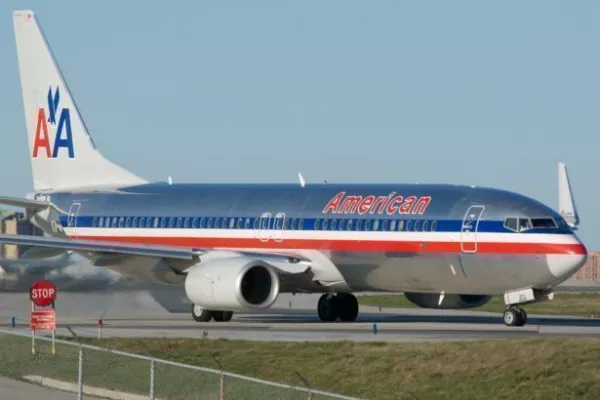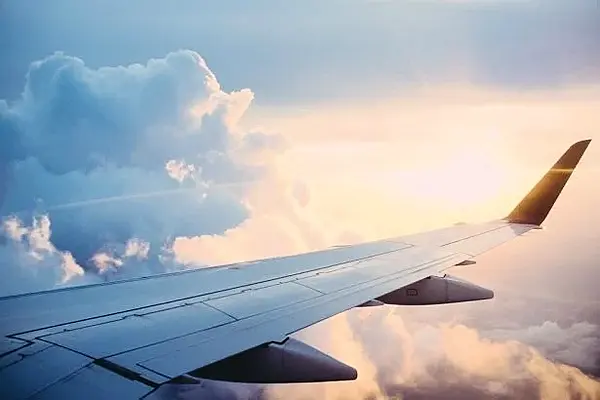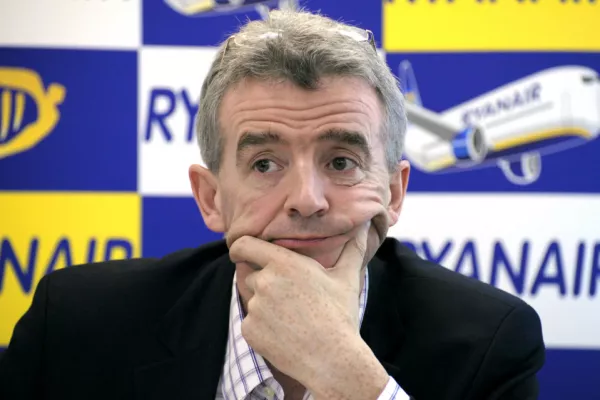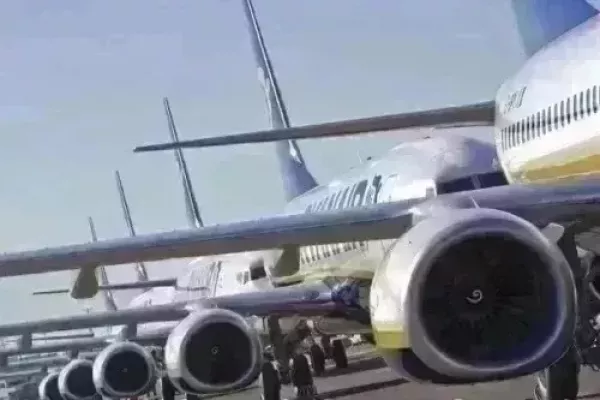American Airlines' maintenance team is scrambling to complete safety changes to its fleet of Boeing 737 MAX jets ahead of a phased return to service, and deliveries of new jets are set to begin as early as this week.
American's maintenance base, which is the largest in the world, has housed its 24 MAX planes during a 20-month safety ban that followed the second of two fatal crashes for the aircraft in March 2019, forcing some 400 MAX jets that were in service to be grounded.
It has handled some unexpected tasks while caring for the idled jets, including evicting wildlife and custom-making tarps.
"Birds like to nest in things. Combating that has been rather interesting," said Erik Olund, managing director of base maintenance in Tulsa, Oklahoma, under the wing of a 737 MAX.
Following a November 18 order from the Federal Aviation Administration (FAA) detailing necessary changes for the jet to fly again, 260 American Airlines' specialists who are divided into three shifts are working round the clock, seven days a week to roll out two jets every seven to 10 days.
But as the aircraft returns during a pandemic that has crushed air travel demand and left questions over customers' willingness to fly, American is planning a phased re-introduction to its commercial schedule.
"We don't want to bring them out so fast that we're not flying them...and have to put them back into storage," American's chief operating officer, David Seymour, said at the hangar, where the company hosted media on Wednesday December 2.
American is launching commercial services on December 29 with a daily flight between Miami and New York City, and will gradually reintroduce the jets as its 2,600 737 pilots cycle through a 2-1/2 hour-simulator training.
This month, it plans to take delivery of eight new 737 MAX jets that will already have the FAA-mandated system upgrades, Seymour said. The first delivery could happen this week, and some of those new jets may fly before the maintenance crew works through all 24 in Tulsa.
Boeing has a backlog of 450 jets parked at its own facilities that it built during the grounding, when MAX deliveries were frozen.
"There's a lot at stake here and nobody is going to rush this airplane before it's operationally ready or safe," Olund said.
Each plane will take an operational readiness flight and receive FAA sign-off before flying passengers.
One of the early problems American's team encountered when the jets were grounded was finding enough tarps to cover the engines. So the team made the covers themselves in the floorboard shop, using foam and corrugated plastic sheets.
Then, every 10 days mechanics would remove all of the covers, run the engines, cycle the flaps and rotate the tires. They also moved wiring bundles after a regulatory mandate in March and conducted a full sweep of the fuel tanks to ensure no foreign objects.
64,000 Hours
All said, American's team spent 64,000 hours keeping the jets in shape during the longest grounding in commercial aviation history.
News by Reuters, edited by Hospitality Ireland. Click subscribe to sign up for the Hospitality Ireland print edition.









